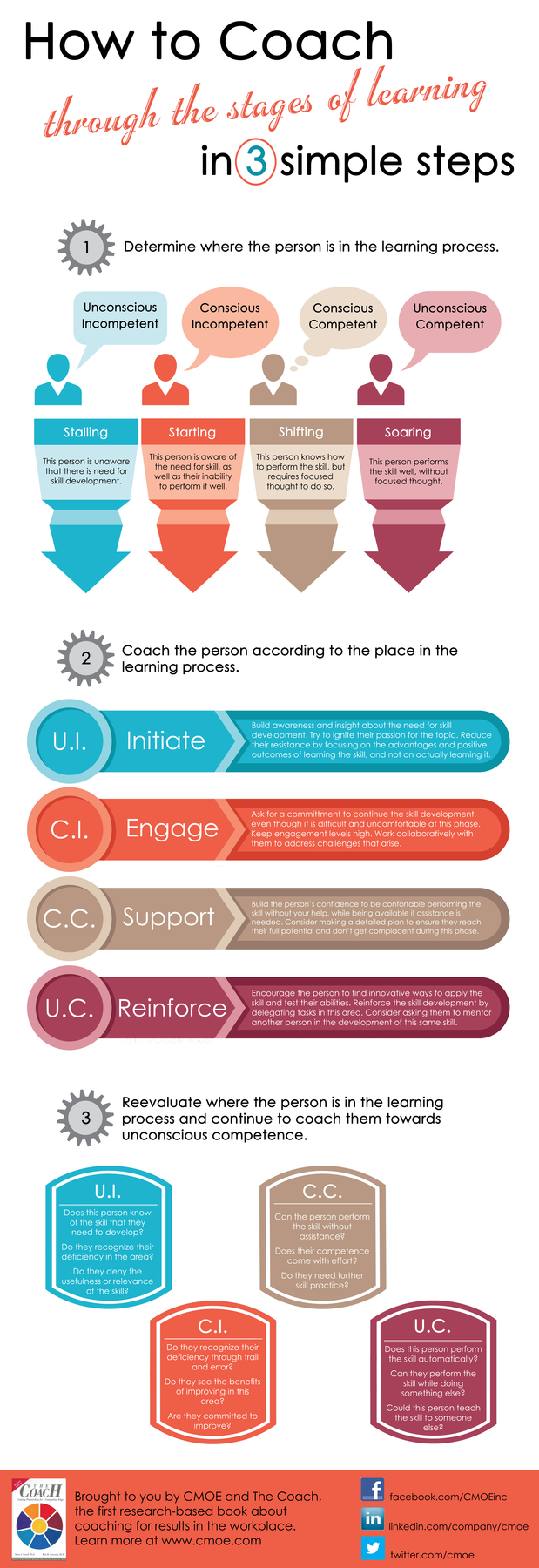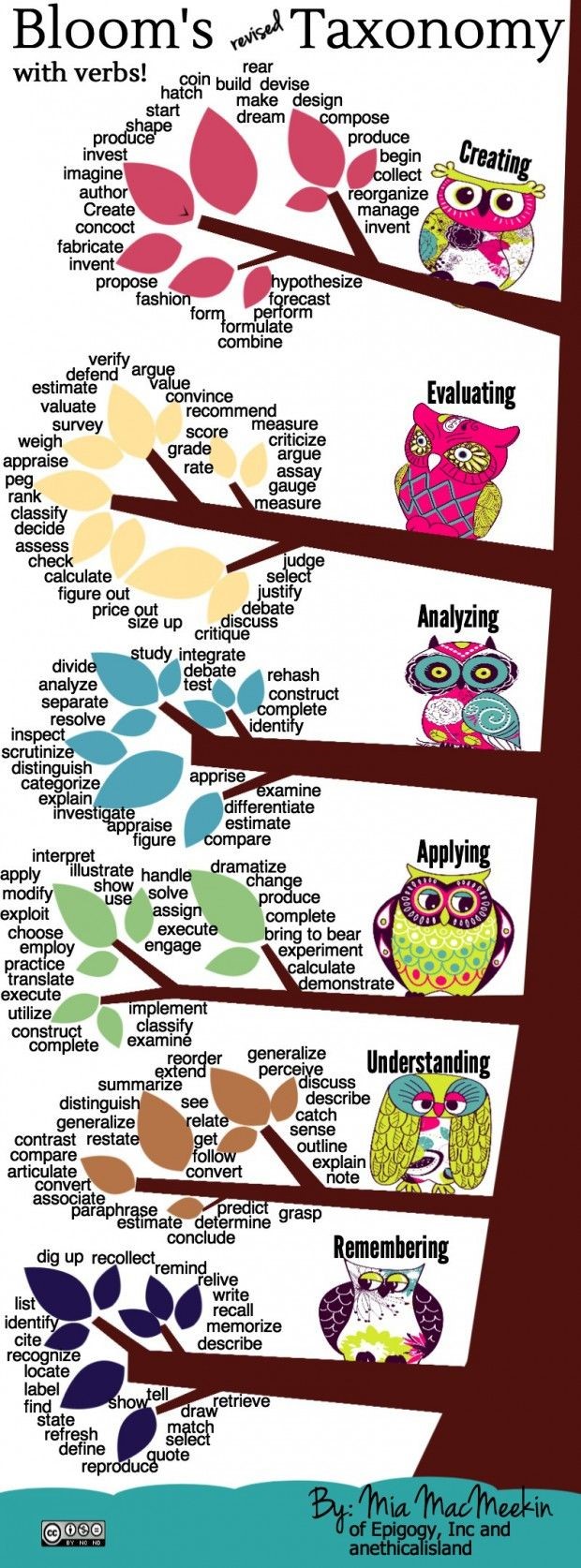Each May ‘Wear the Green Ribbon’ is promoted to get people to talk more openly about mental health. It is really important that the stigma surrounding mental health problems is challenged.
Having 8 Adult Literacy Centres and providing hundreds of Adult Literacy courses provides people with an opportunity to not only improve their literacy skills but also to make connections, develop friendships, be part of a group or activities. While we focus our work on the improvements in literacy and numeracy skills we can all cite examples of changes in a person’s demeanour and their social skills which are critical factors to supporting good mental health. There is always a challenge for us in education to manage our boundaries when students raise serious mental health issues and we support each other in this.
A few months ago while on a walk I listened to (and later watched!) a Ted Talk by Guy Winch about called ‘Why we all Need to Practice Emotional First Aid’. He talks about how we all practice good personal hygiene and understand how important good physical care is but that we are slow to see a health professional when we feel emotional pain such as guilt, loss, loneliness or failure. His podcast is worth listening to and is available at this link https://www.ted.com/talks/guy_winch_the_case_for_emotional_hygiene
In this podcast he talks about the destructive effects of loneliness, failure, lack of self-esteem and worry. He advocates the building of emotional resilience so that you can thrive and fulfil your real potential. He says that if you build your ‘emotional resilience …you will thrive.’
In many ways the podcast resonated with me because it can be what our students describe to us about their lives and how they feel when they arrive to Adult Literacy and Basic Education. They can feel lonely or isolated, the can feel like a failure, the feel the loss of opportunities that they never had and rejected by society. What is interesting about this is that Guy Winch describes the proven physical impacts that this emotional pain can have on people’s lives. He states that loneliness is scientifically proven to increase your likelihood of an early death by 14%. He says ‘Loneliness creates a deep wound – scrambles our thinking, makes us afraid to reach out.’ He also says that ‘Failure …. misleads us. We all have a default set of feelings and beliefs that gets triggered when we meet frustrations and setbacks.’
Later in the podcast he refer to rejection and that that ‘it is extremely painful. We think of our faults and shortcomings’ and that when ‘your self esteem is low you are more vulnerable to stress and anxiety … it takes longer to recover’. A stark statement he makes is that practicing poor emotional hygiene can be ‘as significant risk to your long-term health as cigarette smoking’.
Isn’t it a real testament to our students that those that have experienced rejection in their lives whether at school or work, or those who experience isolation and loneliness can find the strength and reserve to reach out to our service and to attend week after week. It is therefore extraordinary that many are now busy preparing portfolios (under your guidance and instruction) and have participated in classes that you have facilitated with professionalism and care.
So while we wear the Green Ribbon to challenge stigmas May is also a month to celebrate the achievements of our learners in overcoming very real obstacles to learning.
Please note that for all staff and their families the Employees Assistance Programme is available to help at challenging times. Please contact your ALO/ DLEO for further details.





